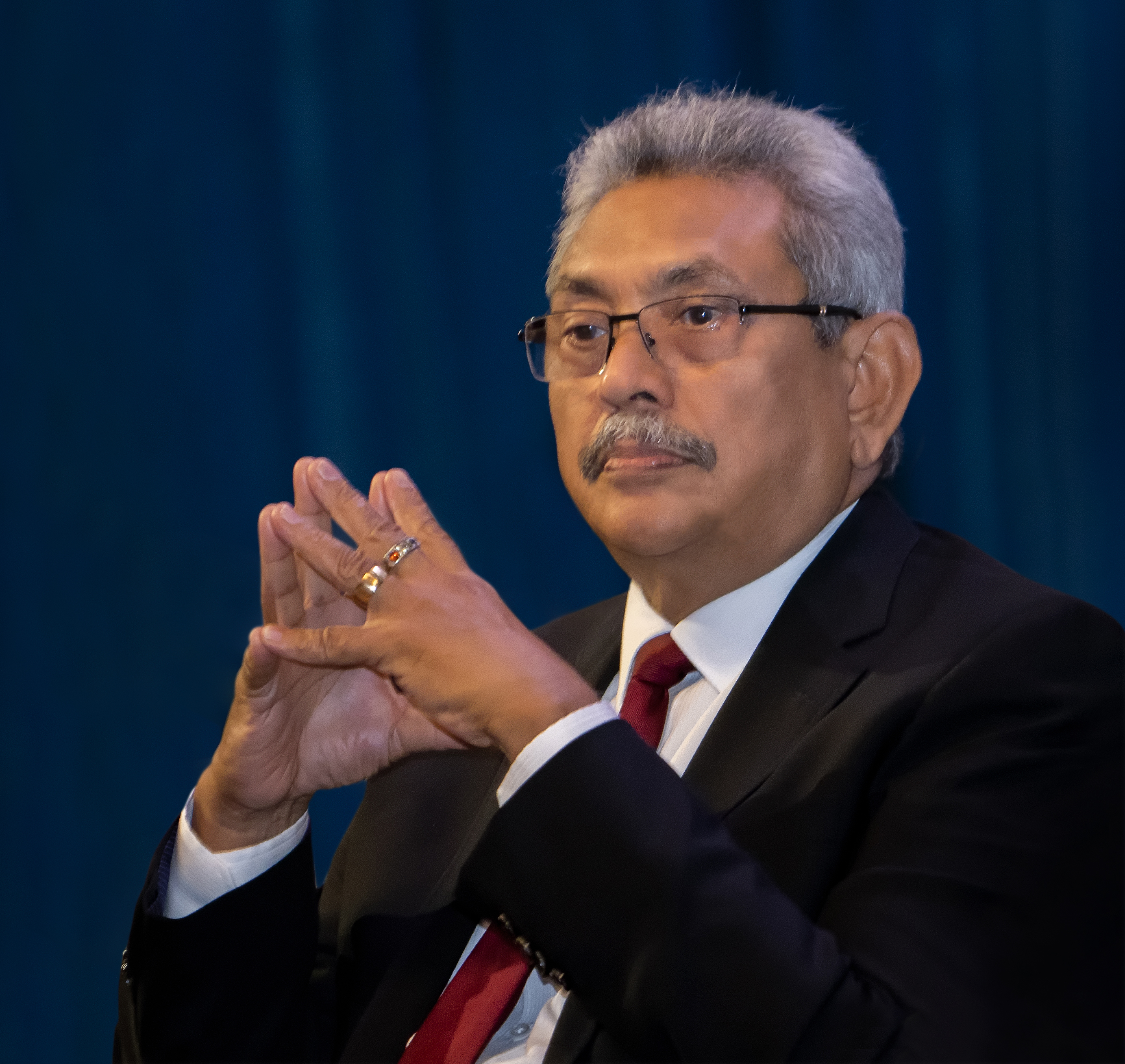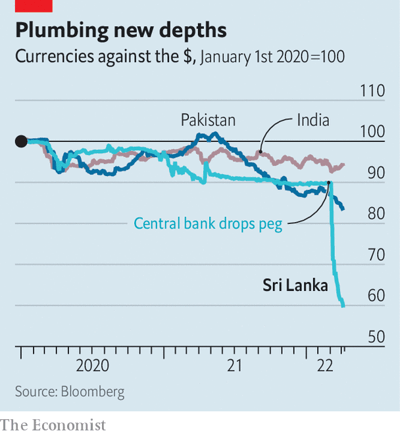
Responding to the ongoing crisis in Sri Lanka, the Economist slams the governance of the Rajapaksa regime noting that their response has been “a mix of intimidation and ineptitude” which has produced “a political crisis to compound the economic disaster”.
Economic mismanagement

In detailing Sri Lanka’s financial demise, the Economist details the mismanagement of the economy by the earlier Rajapaksa administration, headed by Mahinda Rajapaksa, which “borrowed heavily to finance infrastructure projects that have yet to generate returns”. In power, his brother Gotabaya has made a series of errors including slashing taxes which led tax revenues to plummet.
Sri Lanka must now pay $7 billion in debt and interest payments by the end of the year with a sum of $1billion due in July. This comes as Sri Lanka’s foreign currency reserves have dwindled and the country has had no access to no access to global credit markets for two years.
Sri Lanka has had to rely on India which has extended credit lines and assistance worth an estimated $2.5 billion and has postponed payments on debts owed to its central bank.
Intimidation and ineptitude
Responding to growing demonstrations, including those outside his residence, Sri Lanka’s President imposed a state of emergency, which provided Sri Lanka’s army with wide-ranging powers to stamp out protests. This was coupled with a weekend-long curfew and a ban on social media however, as the Economist notes, “people returned to the streets anyway”.
On 3 April, the President restored social media but was faced with the resignation of his entire cabinet, bar the Prime Minister. He has since appointed four new ministers however his Finance Minister, Ali Sabry, resigned within 24-hours of holding the post. The government has appointed a new Secretary to the Finance Ministry as well as a new Governor to the Central Bank however the situation in Sri Lanka remains volatile.
The Economist stresses that a bailout from the IMF remains “a crucial first step towards solving the crisis” as “other creditors are unlikely to agree to new loans or the restructuring of existing ones without its backing”.
Yet, “whether [the government] can convince furious Sri Lankans that it deserves a chance to fix the mess is another question” the Economist notes.
Read more at the Economist
We need your support
Sri Lanka is one of the most dangerous places in the world to be a journalist. Tamil journalists are particularly at threat, with at least 41 media workers known to have been killed by the Sri Lankan state or its paramilitaries during and after the armed conflict.
Despite the risks, our team on the ground remain committed to providing detailed and accurate reporting of developments in the Tamil homeland, across the island and around the world, as well as providing expert analysis and insight from the Tamil point of view
We need your support in keeping our journalism going. Support our work today.
For more ways to donate visit https://donate.tamilguardian.com.

